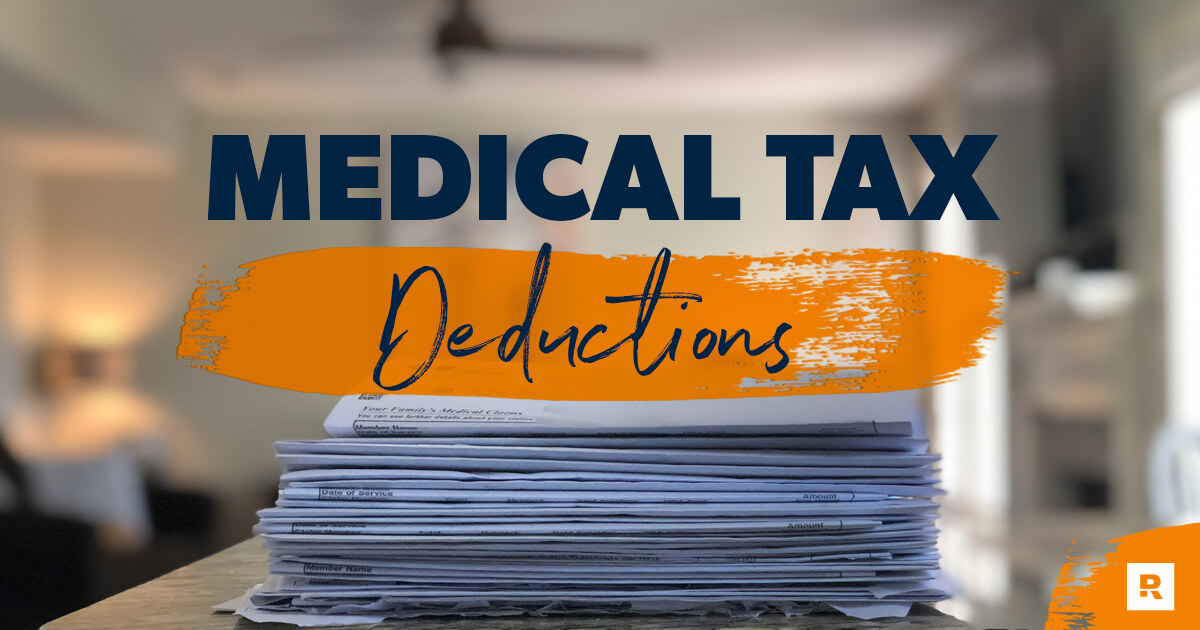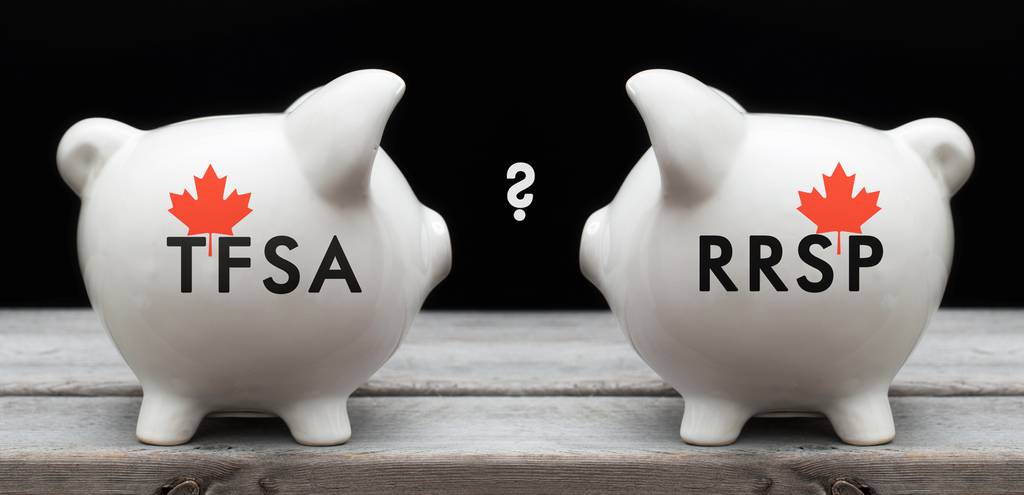While the current state of the Canadian health care system is not without its problems, Canadians are nonetheless fortunate to have a publicly-funded health care system, in which most major medical expenses are covered by provincial health care plans.
Newsletter - Page 17 of 34 - Akler Browning LLP
Two quarterly newsletters have been added—one dealing with personal issues, and one dealing with corporate issues.
Two quarterly newsletters have been added—one dealing with personal issues, and one dealing with corporate issues.
The fact that Canada is in the middle of a housing crisis isn’t really news to anyone. Whether it’s having difficulty finding an affordable apartment or putting together enough money for a down payment, or coping with ever increasing mortgage interest rates and mortgage payments, housing availability and affordability is a concern for Canadians across all age groups.
The Canadian tax system is a “self-assessing system” which relies heavily on the voluntary co-operation of taxpayers. Canadians are expected (in fact, in most cases, required) to complete and file a tax return each spring, reporting income from all sources, calculating the amount of tax owed, and remitting that amount to the federal government by a specified deadline.
Most Canadians know that the deadline for making contributions to one’s registered retirement savings plan (RRSP) comes 60 days after the end of the calendar year, around the end of February. There are, however, some circumstances in which an RRSP contribution must (or should) be made by December 31, in order to achieve the desired tax result.
Since early 2022, the finances of Canadian households have been hit with what Statistics Canada has called a “trifecta of market challenges”, which increasingly stretched and squeezed the efforts of Canadians to maintain their financial stability during the second quarter (April 1 to June 30) of this year.
One of the most valuable tax and investment strategies available to Canadians is home ownership. While the real estate market can (and does) go and up down, home ownership has proven to be, over the long term, a reliable way of building net worth.
Transitioning into retirement is a complex process, one which involves decisions around finances (present and future) as well as one’s way of life. While it was once typical for an individual to work full time until retiring (usually at age 65), the word “retirement” no longer has a single meaning – in fact, it’s now the case that almost every individual’s retirement plans look at little different than anyone else’s.
This year, for the first time since 2019, most (if not all) post-secondary students will be preparing to go to (or return to) university or college for in-person learning. While that’s an exciting prospect after two years of pandemic restrictions, starting or returning to post-secondary education is also an expensive undertaking.










